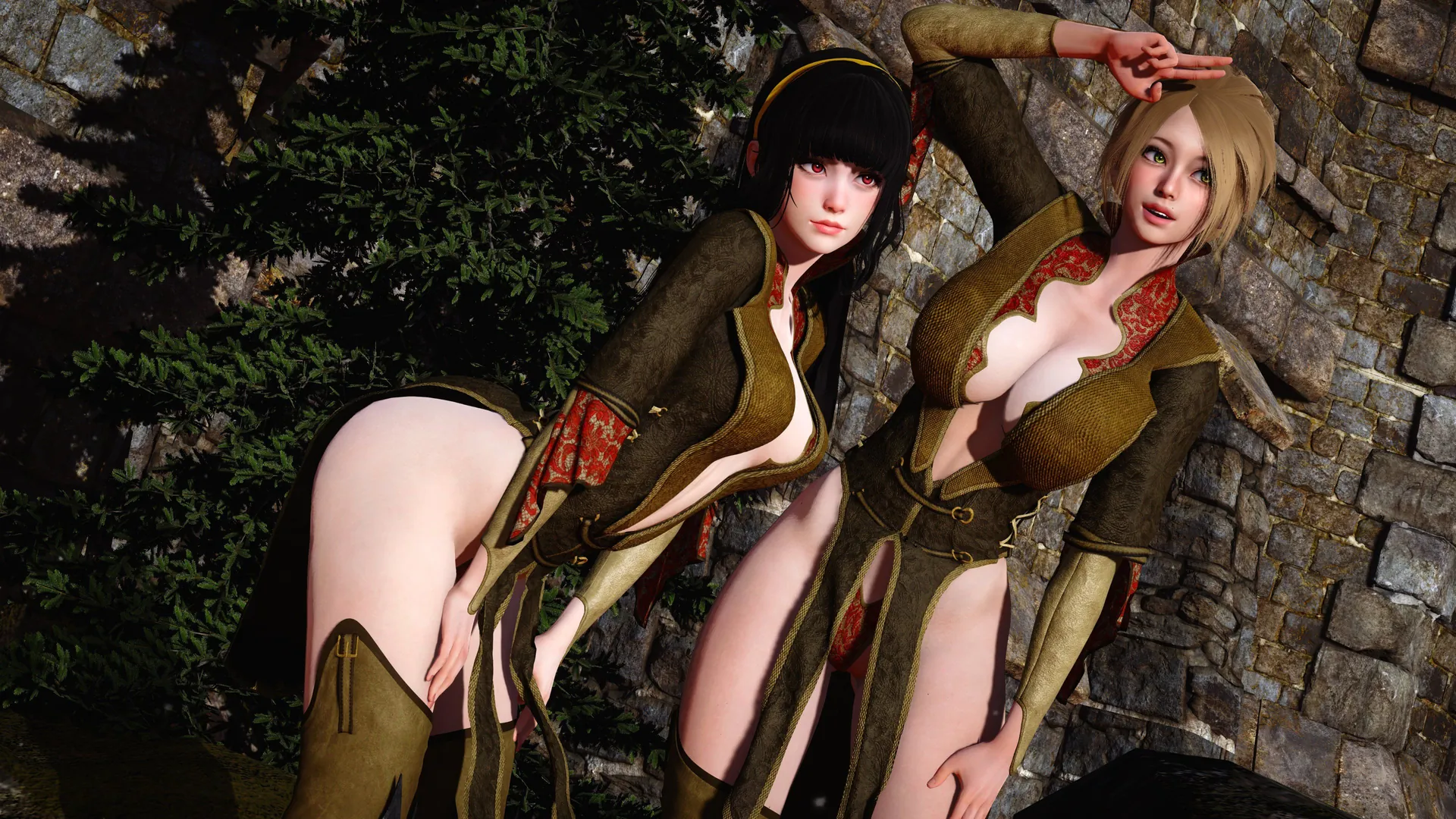
Adored by the Devil
Play Adored by the Devil
Adored by the Devil review
Exploring the narrative depth and romantic mechanics of this visual novel
Adored by the Devil has captivated players with its intricate blend of choice-based storytelling and emotional character arcs. This romantic visual novel stands out for its layered decision-making system that shapes relationships and outcomes. Let’s explore what makes its narrative design so compelling and how it redefines interactive romance in gaming.
Mastering the Art of Interactive Romance
Ever played a visual novel where every romantic choice feels like picking between identical shades of beige? 😒 You click through dialogue choices, half-expecting the story to yawn right back at you. Adored by the Devil flips that script. Instead of predictable fluff, it hands you a narrative flamethrower 🔥—one where your decisions actually matter, relationships evolve like real-life connections, and your protagonist’s personality shapes the world around them. Let’s break down how this game turns casual players into master puppeteers of passion and drama.
Branching Paths That Reward Curiosity
Picture this: You’re flirting with Lucius, the brooding demon lord, and casually mention his obsession with mortal poetry. 🖤 That tiny choice? It unlocks a secret scene where he serenades you with forbidden verses in a moonlit crypt. Adored by the Devil’s branching narratives aren’t just about picking “romance option A or B.” They’re layered, reactive, and packed with “oh crap, did I just do that?!” moments.
Here’s the kicker: dialogue choices aren’t labeled as “good” or “bad.” Instead, they reflect your character’s traits—like being bold, diplomatic, or sly. During my first playthrough, I chose to mock a rival’s fashion sense (because, honestly, neon armor in hell? 😂). Weeks later, that rival sabotaged my alliance with a key faction. The game remembers everything, weaving your quirks and mistakes into its tapestry of story consequences.
| Romantic Route | Key Decision Point | Long-Term Impact |
|---|---|---|
| Lucius (Demon Lord) | Share his poetry secret | Unlocks hidden endings tied to underworld politics |
| Mara (Rebel Angel) | Support her rebellion publicly | Triggers faction wars; alters available allies |
| Veyra (Mortal Spy) | Reveal your true identity early | Changes mission objectives; adds betrayal subplots |
🚨 Pro Tip: Replay with opposite traits to see how characters react differently. The shy bookworm gets vastly different opportunities than the sarcastic firebrand!
Character Dynamics That Feel Authentic
Let’s talk about relationship mechanics that don’t suck. 💘 In most games, romancing a character feels like stuffing quarters into a vending machine until affection candy pops out. Adored by the Devil ditches this for something messier and more human. Characters have moods, memories, and dealbreakers. Forget to check in on Mara after a battle? She’ll distance herself, questioning your loyalty.
The magic lies in dialogue choices that double as personality tests. For example, when Lucius asks why you’re helping him, answering “I want power” vs. “I see loneliness in you” doesn’t just affect his affection meter—it reshapes his behavior. In one playthrough, my honesty made him drop his manipulative act, leading to raw, vulnerable conversations. In another, my ambition turned him into a ruthless mentor.
Here’s what blew my mind: story consequences ripple through other relationships. Bonding with Veyra, the spy, might mean Lucius grows jealous and starts withholding crucial intel. The game forces you to ask: “How much am I willing to risk for love?” 🎭
Customization Beyond Surface-Level Choices
Sure, you can give your protagonist neon hair and a scar shaped like a crescent moon 🌙—but Adored by the Devil’s character customization digs deeper. Your selected traits (like “idealistic,” “cynical,” or “opportunistic”) dynamically alter available dialogue choices. Play as a hopeless romantic, and you’ll unlock sweet, poetic options. Choose “opportunistic,” and suddenly, every flirtation has a strategic edge.
During my “cynical mercenary” run, I convinced Mara to spare a traitor—not out of mercy, but to exploit him later. That cold calculus locked me out of her softer side but earned me a shady informant network. 🔍 The game doesn’t judge your style; it adapts. Even your wardrobe matters! Wearing demon noble attire opens exclusive dialogue with Lucius’ inner circle, while ragged mortal clothes let you blend into human rebellions.
Why this works:
– Traits shape story access (e.g., only “curious” protagonists find the library’s secret lore)
– Appearance influences NPC reactions (a fancy outfit intimidates peasants; a humble look disarms elites)
– Your past choices haunt (or help) you (that orphan you saved? They’re now a key informant)
So, does Adored by the Devil demand more from you than your average visual novel? Absolutely. But that’s why it’s brilliant. 🏆 Every smirk, lie, or moment of tenderness becomes a brushstroke in a masterpiece you paint—and sometimes ruin—together. Whether you’re here for the branching narratives, the gut-punch story consequences, or the thrill of crafting a protagonist who feels truly yours, this game doesn’t just flirt with greatness—it marries it. 💍🔥
Adored by the Devil sets a new standard for emotional storytelling in interactive fiction. With its nuanced character development and meaningful choices, it creates a deeply personal experience that rewards multiple playthroughs. Ready to shape your own devilish romance? The game’s demo offers a perfect starting point to test your decision-making skills.


























